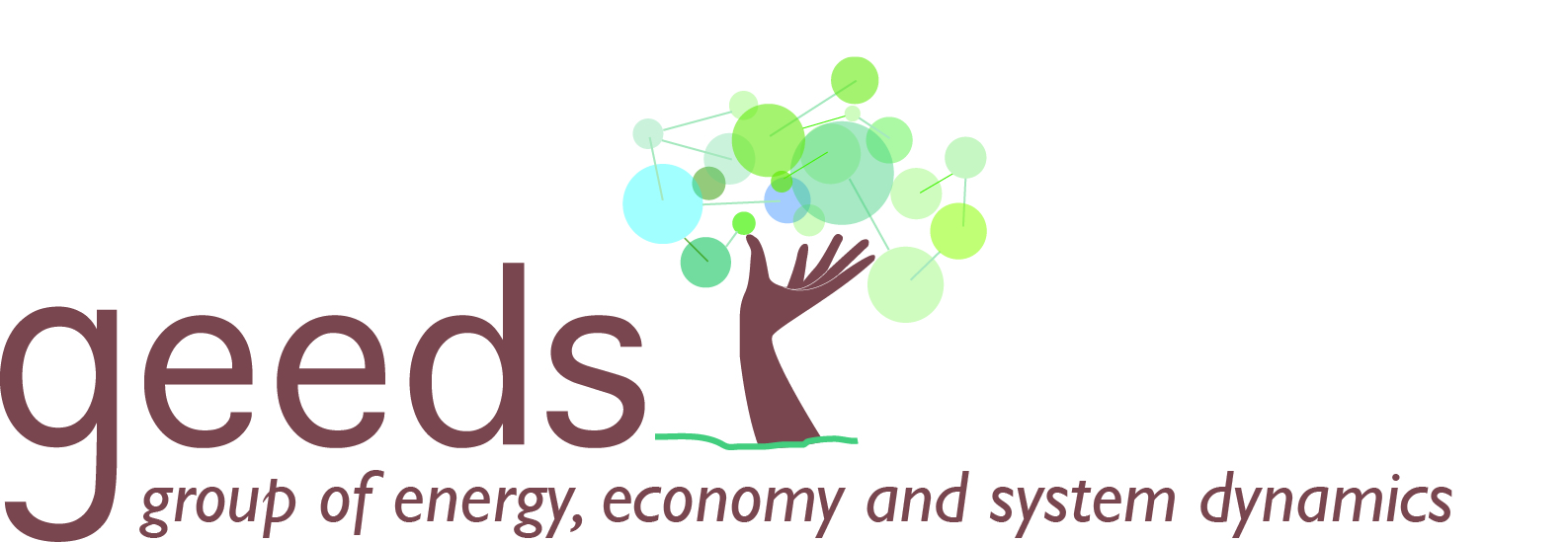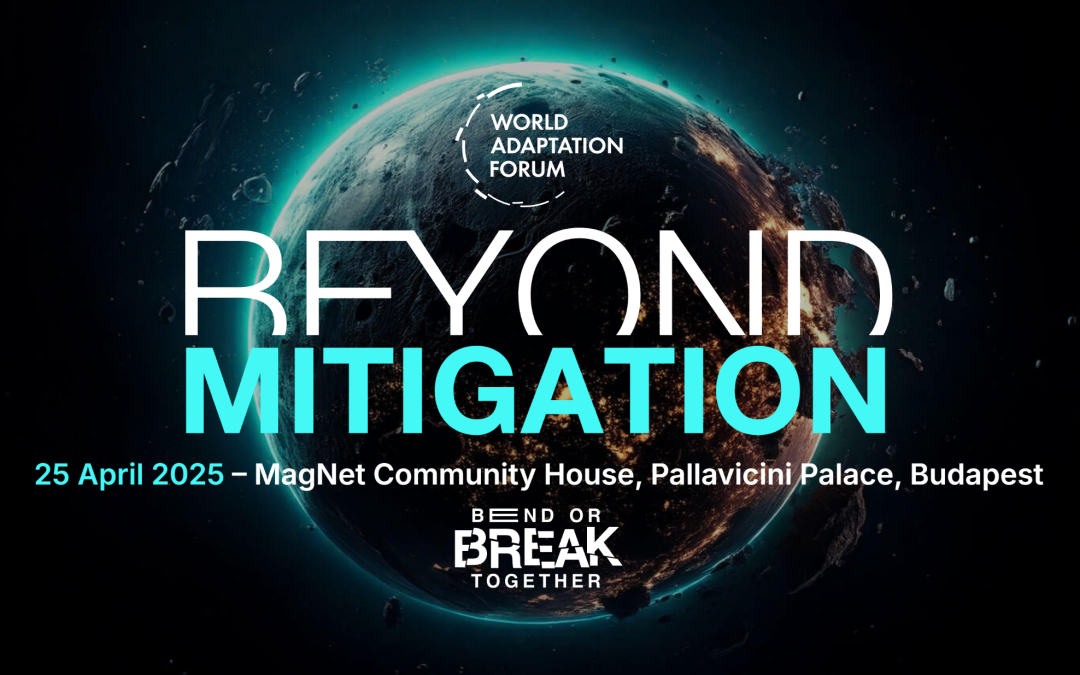
Our lines of research focus on energy and the economy, as key factors of technology and life, and on Systems Dynamics, as the most appropriate tool to analyse the complex relations between the variables that influence sustainability and development, with a systemic vision.
One of our aims is to strengthen the link between university and society and therefore our interest lies in the dissemination of the results, contact with social organizations and the choice of research topics of interest to society.
OUR PUBLICATIONS
You can find a list of academic publications by members of the group, but also doctoral theses and other tutoring work.
RESEARCH PROJECTS
We participate in several national and international projects obtained through competitive public calls.
INTEGRATED ASSESSMENT MODELS (IAMs)
We develop numerical simulation models based on system dynamics in order to perform socio-environmental sustainability analysis and help in decision making.
Our Blog

RethinkAction Launches Groundbreaking Platform to Empower Climate Action through Smarter Land Use
Today marks the official launch of the RethinkAction Integrated Assessment Platform, an innovative digital tool designed to empower citizens, stakeholders, and policymakers to take informed climate action by integrating land use-based solutions into decision-making at...

Budapest WAF 2025: A personal and partly (un)informed introduction to societal collapse(s)
The World Adaptation Forum, to which our researcher Íñigo Capellán Pérez was invited, was held in Budapest on 25 April. Following his intervention at the meeting, Íñigo shares his reflections on societal collapse in this post: The invitation. Crash course on...


